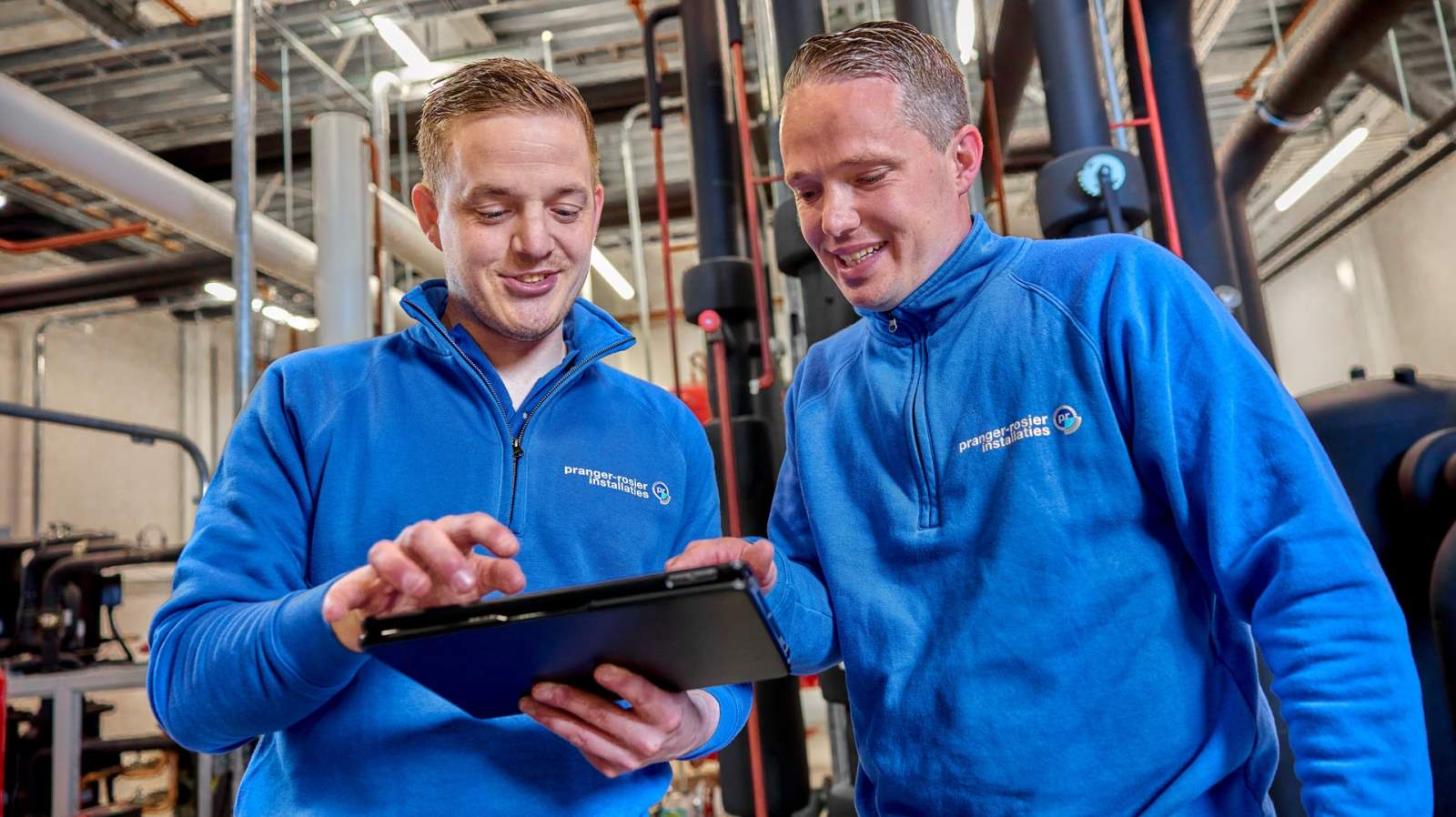Trends and developments
A number of trends and developments in the world around us that are relevant for Unica have influenced both our service provision and our business operations.
Growing demand for electricity
The growing number of electric cars and the use of heat pumps have contributed to growing demand for electricity. Advances in sustainability in business and industry will also serve to increase the demand for electricity. In 2026, the world’s total electricity demand is expected to rise by 3.4%. We are also seeing growth in the demand for electricity in the Netherlands.
The positive news is that according to the International Energy Agency (IEA), this additional electricity demand can be more than covered by renewable forms of energy from solar, wind and hydroelectric sources and nuclear energy. The only note of concern is that the demand for and supply of energy are often not in balance. Solar energy is generated during the daytime while many households consume much of their energy at night.
Unica wishes to play a role in introducing a better balance in this new energy system. We aim to provide this service among others with smaller, local electricity generation stations, the use of residual heat and the introduction of buffering and balancing of assets (ramping up and down) on the energy grid. Thanks to smart software, supply and demand can be optimally matched, and energy operators can be assisted in avoiding congestion on the grid. The acquisition of Tenergy in 2023 will play an important role in this activity. In our energy advice to other customers we are using risk models and analyses to enable them to optimise the match between their consumption and purchase of energy and their business processes and risk profile.

Legislation and regulations
In a number of areas we are seeing further growth in legislation and regulations, focused specifically on sustainability. This is a reflection of the obvious urgency and the fact that the process of sustainability is unavoidably advancing among our clients and within our society. Unica expects this to deliver a positive boost in favour of more technical and technological solutions in buildings.
For us, this offers opportunities for new energy supply systems in the framework of gas-free buildings and improving the CO2 performance or overall efficiency of buildings. For almost every set of problems, we can offer safe, healthy and sustainable solutions, and thanks to our broad knowledge base, we are able to support our customers in fulfilling their wide range of climate ambitions. In other words, we can offer our customers a full range of services in complying with the requirements of legislation and regulations.
With regard to reporting, the CSRD (Corporate Sustainability Reporting Directive) plays an important role. This standard requires business to actually demonstrate that they are working to further the sustainability of their activities. Increasingly, the financial sector is demanding compliance with these standards. In this way, banks, investors, private financiers and other financial institutions are able to influence the sustainability policy at businesses.
Shortage of (technically trained) personnel
There are still staff shortages on the Dutch market. Unica is an attractive employer, also thanks to the solid growth maintained over the past few years, the attention we pay to our employees and the opportunities for internal advancement within the various companies. Nevertheless, there is still a risk within the sector that services cannot be provided if there are not sufficient people to carry out the work, or that the pressure of work will become too great for the existing workforce. The accelerated introduction of digitalisation may be part of the solution. Digitalisation is able to replace much manual work, accelerate processes and offers a scalable model for tackling labour market shortages. It means we can complete more work faster, with the same number of people. Knowledge and employee development are therefore clear spearheads in our strategy.
Digitalisation
Digitalisation offers opportunities for tackling the shortages on the labour market, and is of strategic importance in achieving the climate goals. Through innovation and the use of data, we aim to improve and accelerate the services to our customers, and help bring about the transition. Information generated by data systems is vital in making the right analyses and choices, and in offering the right elements to the solution.
